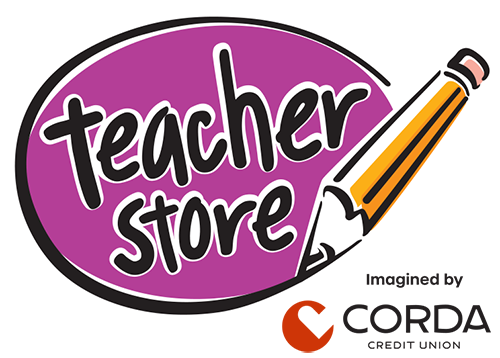Life Lessons
By Carolyn Lyon James
“Mom, I have something I need to tell you.”
My son’s voice quivered a bit as he said it, and his face was nervous and pale, so I knew this was serious. I composed my own face to be as neutral and impassive as I could, but inside, my heart was racing and my stomach was tying up in knots. Was he going to tell me he was failing his college classes? Or that he was gay? Or that he was running away to join the circus? During the pause between one breath and the next, I tried to think up every possible scenario and what the best answer would be.
“I accidentally put diesel gasoline into my car. That’s bad for the car, right?” This was not one of the possibilities I had thought of, and it showed with my shocked look and inelegant response. “Ummm… what!?”
My son had recently purchased a used car. He explained that, in the excitement of filling it up with gas for the first time, he didn’t pay close enough attention to the pump at the gas station. He found it weird that the pump nozzle didn’t fit into his tank properly, but, thinking it was just a strange quirk of his new car, he pumped in diesel instead of regular unleaded.
After I had a moment to recover from the shock of his admission, I switched into “fix-it mode” and began calling area mechanics. When I finally found one who could drain the diesel and repair any damage it may have caused the car, I realized the concern and annoyance I felt was mixed with another emotion I hadn’t counted on having. Guilt. Even with all the skills I had taught him so he could thrive out in the world, I had failed to teach him the basics of vehicle maintenance. And it was a very costly mistake that almost ruined his car.
I began to wonder what other skills I had been taught as a kid that he was lacking. In this wondrous era of technology, kids have instant information at their fingertips but may not know how to balance a checkbook, sew on a button… or know that diesel fuel is bad for a car engine. On the other hand, my children are so much more technologically savvy than I am. Whereas I almost fall apart if my computer glitches or my phone doesn’t work properly, they can have my technology back up and running in no time with an easy flick of the wrist and a couple of taps or clicks.
If you could write a letter to your younger self, what would you say? What advice would you offer that you hope Younger Self would listen to? Two things come to my mind. The first is to let myself know I was not the only one in my high school who felt different, who felt like I wasn’t quite in step with the other kids. I may never have felt comfortable completely embracing my own odd sense of style at that age, but it would have been nice to know, to really know, that I wasn’t the only one who felt that way. It wasn’t until many years later that I talked to classmates who felt exactly the same way I did. The other thing I wish Younger Self knew is how to do simple car repairs and maintenance, like changing the oil and fixing a flat tire. Knowing that at a younger age would have helped me a lot. Maybe that’s why I felt guilty that my son didn’t know that.
While he learned some important lessons that day, I came to know a few things about myself as well. My work in education has trained me to listen without judgment, and to accept people for who they are at that moment. As educators, we know that it is a better learning environment when we take time to understand our students — their culture, their learning style, and their worldviews — and welcome ideas that may differ from our own. But it may feel entirely different when it is coming from our own children. In that quick moment that seemed to last an eternity, before my son told me what was wrong, I knew throughout my entire being that whatever he was about to tell me, I was willing to listen, to accept, and to love him no matter what came next. That is a good thing to know, regardless of what age I learned it.


